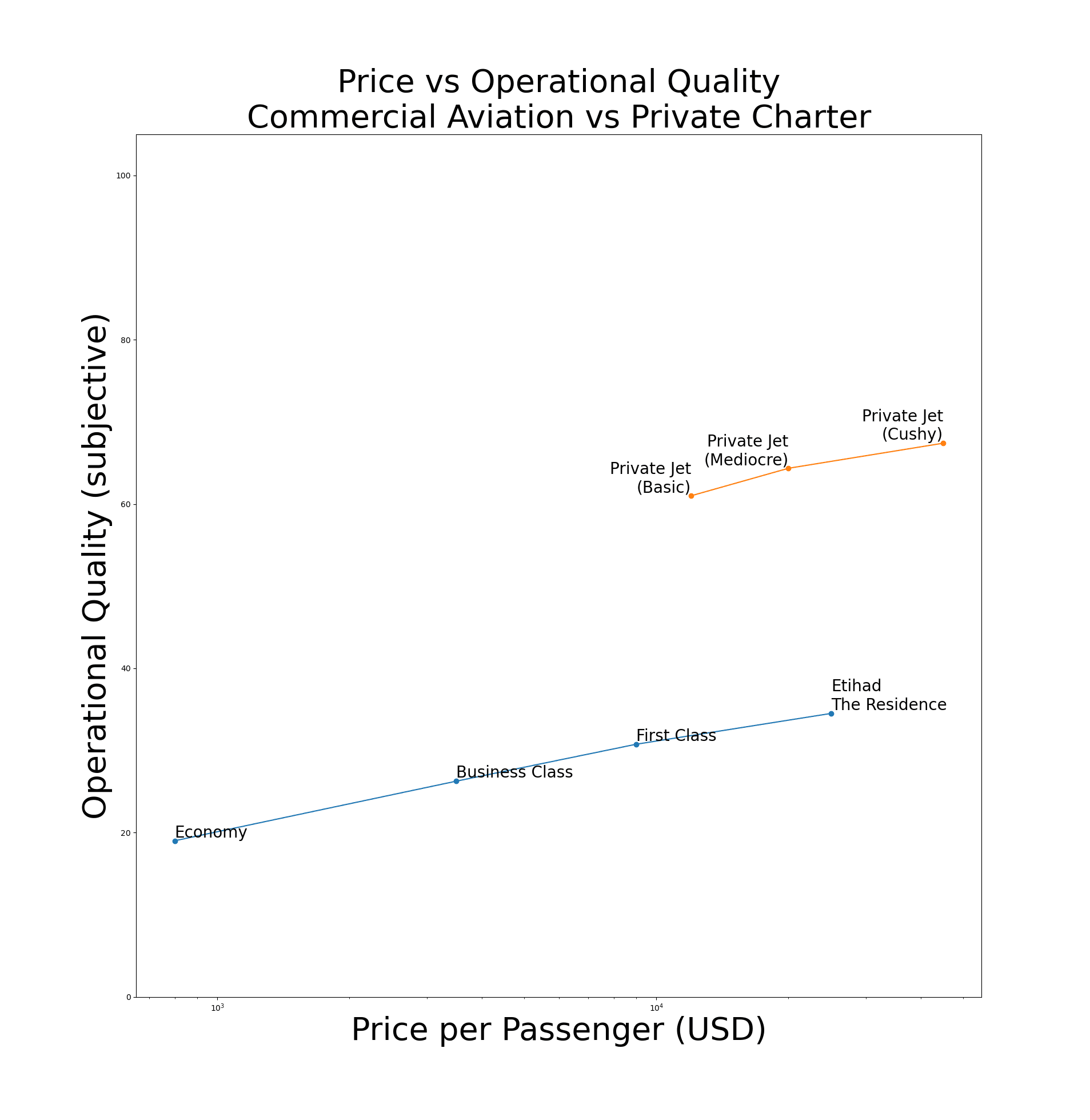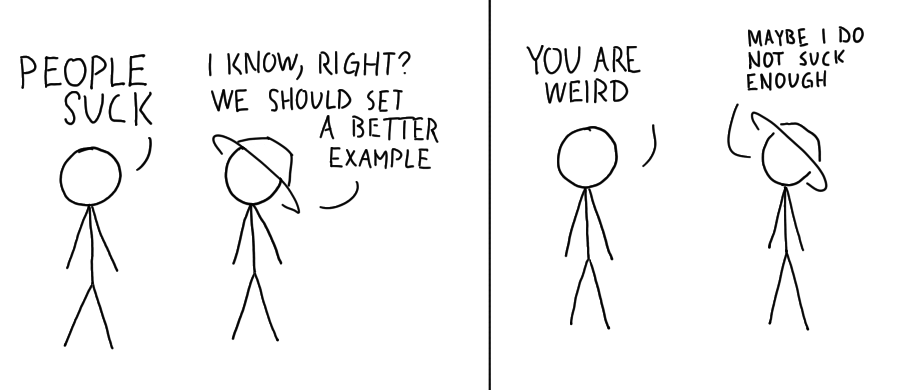Moses and the Class Struggle
"𝕿𝖆𝖐𝖊 𝖔𝖋𝖋 𝖞𝖔𝖚𝖗 𝖘𝖆𝖓𝖉𝖆𝖑𝖘. 𝕱𝖔𝖗 𝖞𝖔𝖚 𝖘𝖙𝖆𝖓𝖉 𝖔𝖓 𝖍𝖔𝖑𝖞 𝖌𝖗𝖔𝖚𝖓𝖉," said the bush. "No," said Moses. "Why not?" said the bush. "I am a Jew. If there's one thing I know about this universe it's that there's no such thing as God," said Moses. "You don't need to be certain I exist. It's a trivial case of Pascal's Wager," said the bush. "Who is Pascal?" said Moses. "It makes sense if you are beyond time, as I am," said the bush. "Mysterious answers are not answers," said Moses. "Take off your shoes and I will give you the power of God. Surely that is a profitable bet even if there is a mere 1% chance I exist," said the bush. "It's a profitable bet if there is a mere 0.001% chance you exist," said Moses. "Are you 99.999% sure I don't exist," said the bush. "No," said Moses. "Then take off your sandals," said the bush. "No," said Moses. "Why not?" said the bush. "Categorical imperative. If I accepted bets with large risk in exchange for large payoff then anyone could manipulate me just by promising a large payoff. I need at least some proof you're real," said Moses. The bush burst into flames. "That's supposed to convince me of divine power? I've seen fires before," said Moses. "Reach your hand into the flames," said the bush. Moses carefully examined the flames. The bush burned but did not seem to be harmed by the fire. Moses waved his staff through the fire. It burned too but emerged unharmed. He felt his staff. It remained cool to the touch. Moses placed his staff into the flames again, this time for longer. His staff caught fire like the bush but once again was unharmed. Moses quickly flicked his hand through the flames. Nothing happened. Moses rested his hand inside the flames. He felt the heat but it didn't harm his hand nor did it cause him pain. Moses retrieved his hand. "Does that convince you I am real?" said the bush. "Nothing you can say or do will convince me God is speaking to me because the odds of God being



I'm glad you enjoyed! Your post was my favorite serious entry and I'm happy you won.